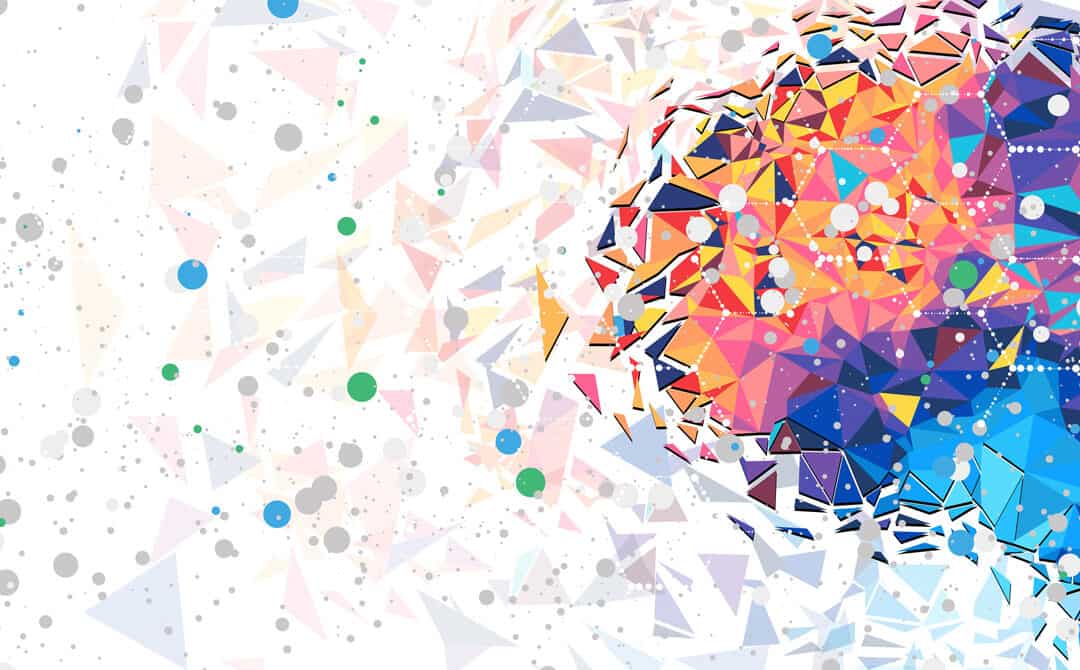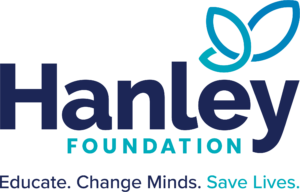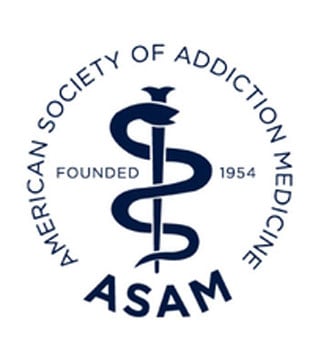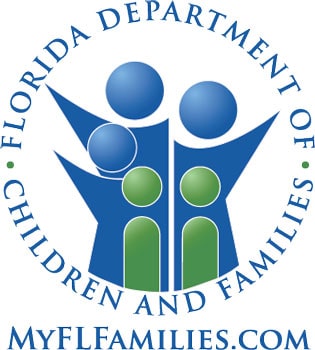


Conscious Contact with a Higher Power
Lance Woodley, LSW, MSW, Th.M Neuroscientific Insights into the Phenomenon of Religious Experience The 11th Step and the religious experience: In the 11th Step, Mr. Wilson encouraged others to improve their conscious communication with a higher power through prayer...
The Pitfalls of Dating in Early Recovery
While most people assume a person’s job is the first thing to suffer from an addiction, in reality, drug and alcohol abuse first manifests in dysfunctional relationships. The typical person suffering from an addiction has a pattern of unhealthy relationships. In the...
Gardening: A Sober Activity to De-stress and Center
By Ali Frances, Horticulture Specialist Hanley Center has a beautiful raised bed garden on the east side of the main campus. Connection, calm, teamwork, and accomplishment are some of the benefits patients have experienced from working in the garden. Since it was...
The Holiday Season
Kellye DeBerry, MA | Alumni Care Coordinator At the holidays, I always reflect on how grateful I am for everyone and everything I have in my life, thanks to the recovery program. During my addiction, I dreaded the holiday season. I knew that I would be forced to spend...
Lessons in Gratitude
Joanna Ahern | Alumni Care Coordinator When I first got sober, I hated when people soberer and happier talked about an “attitude of gratitude.” I remember making faces and mocking them from the egotistical, delusional high horse upon which I perched myself. I was...Insurance Can Cover up to 100% of Treatment
We offer free, no obligation health insurance benefit checks. If you are currently insured, your treatment could be covered partially or in full.
Information entered on this form will not be used to initiate SMS.
Address: 933 45th Street
West Palm Beach, FL 33407




